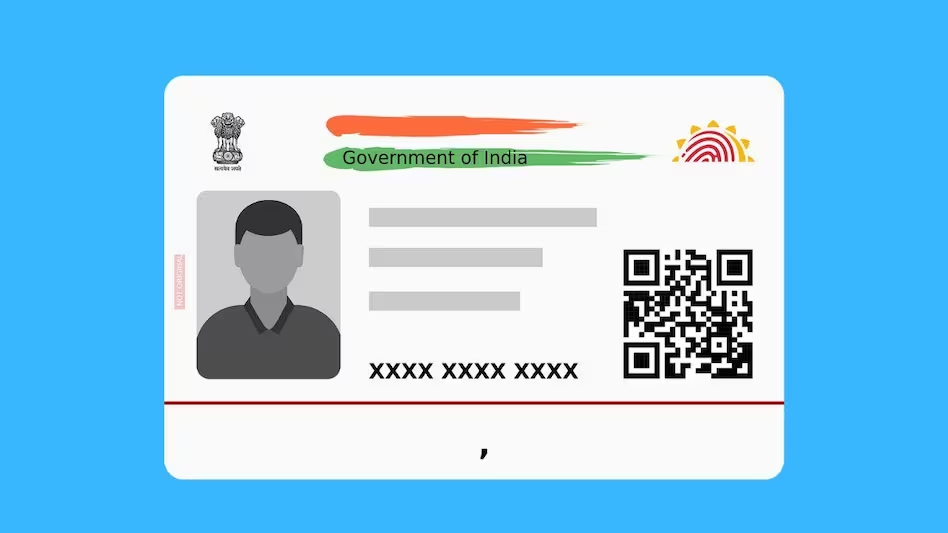

CIBIL Score Myth Busted: Finance Ministry’s Key Update for Loan Seekers
For years, borrowers in India believed one thing. Without a high CIBIL score, loans were impossible. The Finance Ministry has now stepped in with a strong clarification.
CIBIL Score Is Not the Only Factor
The Ministry said banks and NBFCs cannot rely only on CIBIL scores. Lenders must also look at other key factors before sanctioning loans. These include income stability, employment history, repayment track record, and existing liabilities.
This move brings relief to many, especially first-time borrowers. Young professionals and students with no loan history can now get fairer treatment.
How Lenders Will Evaluate You
Banks and financial institutions must follow a holistic approach. That means a low or zero CIBIL score will not automatically block your loan. Instead, lenders will check multiple parameters.
| Factor Checked by Banks | Why It Matters |
|---|---|
| Income Proof | Shows repayment capacity |
| Employment Type | Stability improves loan chances |
| Repayment History | Timely payments build trust |
| Existing Liabilities | High debt reduces approval chances |
| CIBIL Score | Still important, but not the only criteria |
This balanced method will reduce bias against new borrowers. It also promotes financial inclusion, one of the government’s key goals.
Impact on First-Time Borrowers
First-time borrowers often face rejection because they lack credit history. With this clarification, they stand a better chance. Banks will not penalize someone only for being “new to credit.” Instead, they will look at overall repayment capacity.
For example, a salaried employee with steady income but no past loans can still qualify for a home or gold loan. This is a big shift from earlier practices.
Did You Know?
More than 30 crore Indians still have no credit history. They are called “credit invisibles.” The new rule ensures they too can access formal loans.
What Borrowers Should Do Now
Borrowers should not ignore CIBIL scores. Maintaining a good score will always help. But now, they must also focus on building strong financial habits.
Simple steps include:
- Pay utility and credit card bills on time.
- Avoid taking too many loans at once.
- Keep income proof and employment details updated.
- Choose loan amounts that match repayment capacity.
The clarification also means borrowers can question banks if they face unfair rejection.
Final Word
The Finance Ministry’s clarification ends years of confusion. CIBIL score remains important, but it is not the final word in loan approval. For first-time borrowers, this change opens doors to new opportunities.
Loan seekers should now focus on both credit discipline and financial stability. With balanced evaluation, borrowing in India will become more inclusive and transparent.










